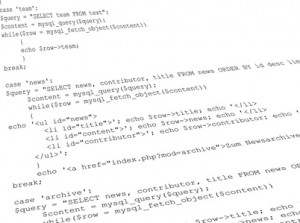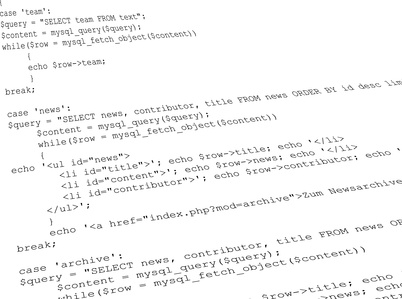Plugins in are PHP scripts that extend or alter the core functionality of WordPress. They are to add simple to complex features to WordPress that don’t already exist or need to be extended in some way. Plugins can be very simple to complex, and a plugin can be developed based on your comfort level with writing code. Even if you’re not a developer it’s possible to create very simple plugins to use in your website.
Why You Should Use a Plugin

Simply put: WordPress plugins provide the functionality of your website. While plugins can alter the design of your selected theme in some ways, they are really meant to add things that can be done. Well-constructed plugins are theme-agnostic which can be applied to many different themes without issue, and this gives you the possibility to change your theme or update your functions.php without affecting your site negatively.
Advantages of a Plugin
As already mentioned you can modify the behavior of WordPress and your website without touching the core code. If you alter the core code you run an incredible risk as well as making it extremely difficult to apply updates, and in some cases, other plugins to your website.
WordPress already provides an excellent structure for creating and adding plugins which is great. The practice has been well-documented and standardized to make things incredibly simple. So why something completely new when you can work from a framework already laid out in front of you?
Finally plugins can be very easy to update. Plugins installed in the Plugin Directory alert you when new versions have been released and then through an easy two-click process you can download the latest version.
Coming Up in this Series
Hopefully you now have a good picture of what a plugin is and what it can do for your website. Next in this series we’ll take a look at themes in WordPress and how they are ultimately different from plugins. After that we’ll start getting into the good stuff and developing plugins and themes together.
Was this helpful? What else would you like to see?
